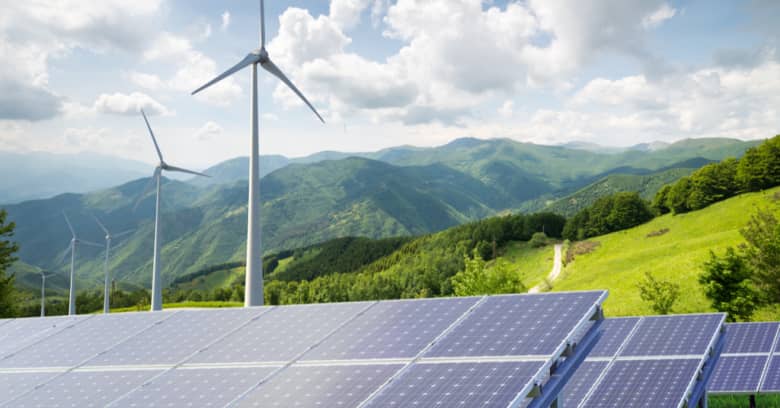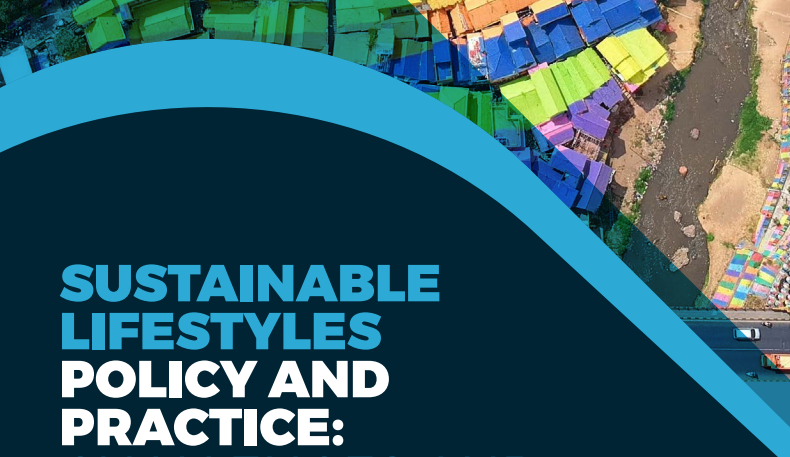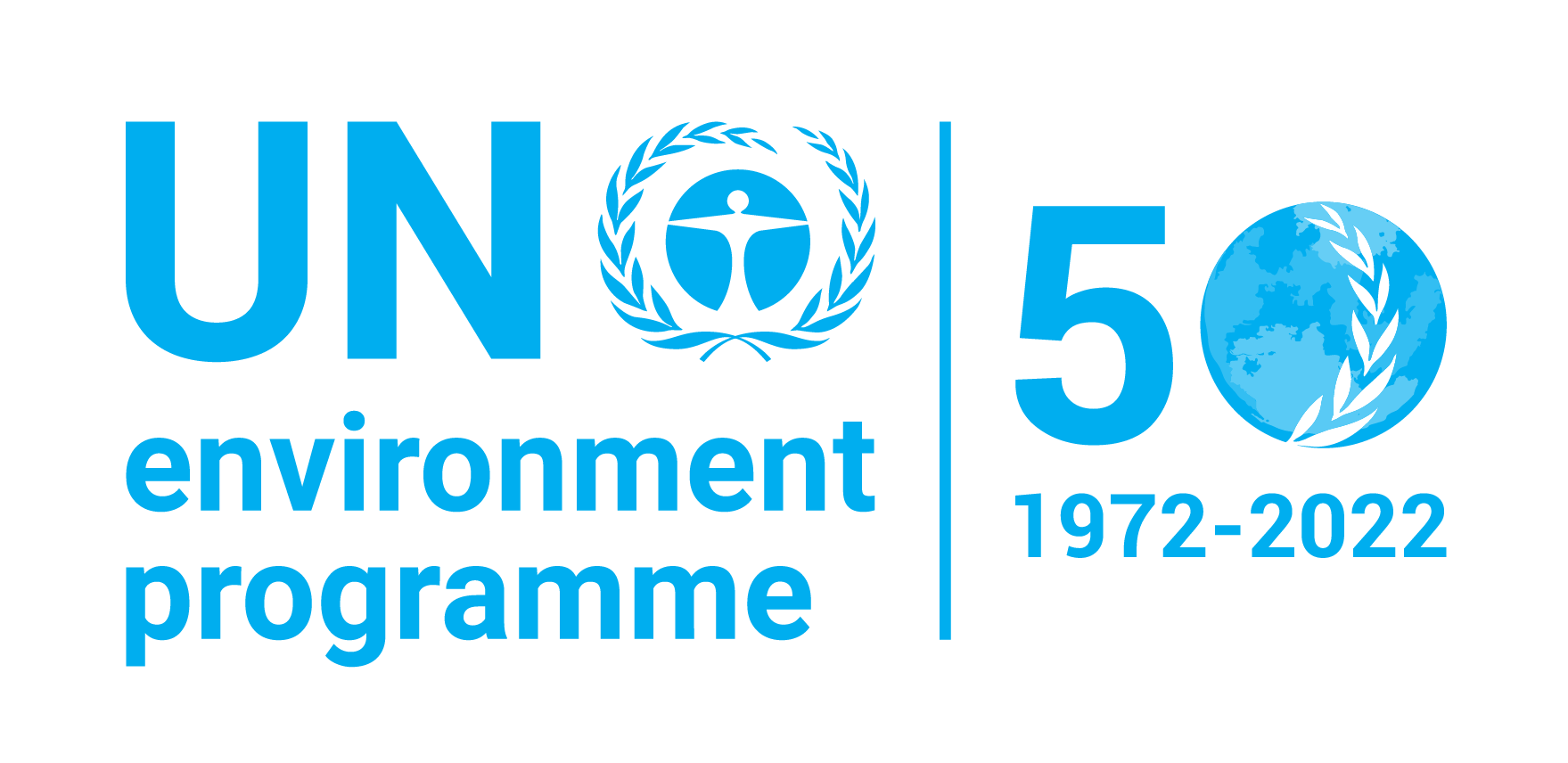Sustainable Lifestyles
Sustainable Lifestyle to Financial Mechanism
Applying environmentally conscious habits to the way you budget and manage your finances can revolutionize the way you approach green living. Aligning your personal finance and green living goals means that your money won’t be used in a way that goes against the eco-friendly principles you care about. Even if you’re not quite prepared or able to embrace environmental practices in all facets of your life, making even small changes to how and where you spend your money can go a long way towards making a difference and reducing your carbon footprint. “Our money is a powerful tool to express our values and influence change in the world. In each of the four basic uses of money, spend, save, invest and give, you have a variety of green options.” Jenifer Sapel, ChFC, CEO and president of Utor Wealth and a financial adviser with Park Avenue Securities. “Tackling personal financial issues can be challenging, and we have found that using the United Nations sustainable development goals as a framework helps connect our individual decisions to something larger than ourselves. By viewing individual decisions through this lens, and connecting our spending to its impacts on people and the planet, we can build a deeper and more sustainable relationship with money.” Max Mintz, the Partner/Financial Adviser at Common Interests.

Sustainable Lifestyle to Technology
Douglas Adams, best known as the author of the Hitchhiker's Guide to the Galaxy series said that “We are stuck with technology when what we really want is just stuff that works.” Mahatma Gandhi also stated that “Technology should empower, not enslave.” Today, the world of technologies have grown in scale with high production rates, consuming large quantities of energy and resources, requiring large capital and highly-skilled manpower. The high production rate, consuming large quantities of natural resources has been damaging the ecosystem by indiscriminate extraction and the resulting environmental degradation. It is clear that present mode of production is unsustainable and damaging to the society. The term ‘Sustainable Technology’ or ‘Cleantech’ describes technologies that enable more valuable use of natural resources and greatly reduced ecological impact among other technological benefits. Although there is currently no standardized comprehensive definition for Sustainable Technology (such as the SIC code).

Sustainable Lifestyle to Policies
Across a range of indicators such as poverty, health, and access to education, human wellbeing is on average more prosperous than it has ever been. However, such averages and indicators mask a range of growing problems. significantly on environmental strain. In addition, the price of economic growth has been massive increases in greenhouse gas emissions, and significant environmental strain with intensified land, air and water pollution as well as issues with desertification, deforestation, droughts, and flooding, all of which are associated with human activity (UNEP 2019). Actions to alleviate the problem, particularly regarding climate change, are currently inadequate with the targets set by the Paris Agreement being insufficient to limit warming to 1.5 degrees Celsius above pre-industrial levels (IPCC 2019; UNEP 2018). We have pushed our planet to breaking point without being able to ensure lives of wellbeing even in the richest countries. How then can we find the balance between respecting the physical limits of the planet and pursuing lives of meaning? Policies should be mutually supportive of environmenta l, social, and economic dimensions in order to address structural problems. There is a need for transformative social policies that go beyond protection and compensation of vulnerable groups to address the underlying causes of poverty and inequality especially for the poor.


